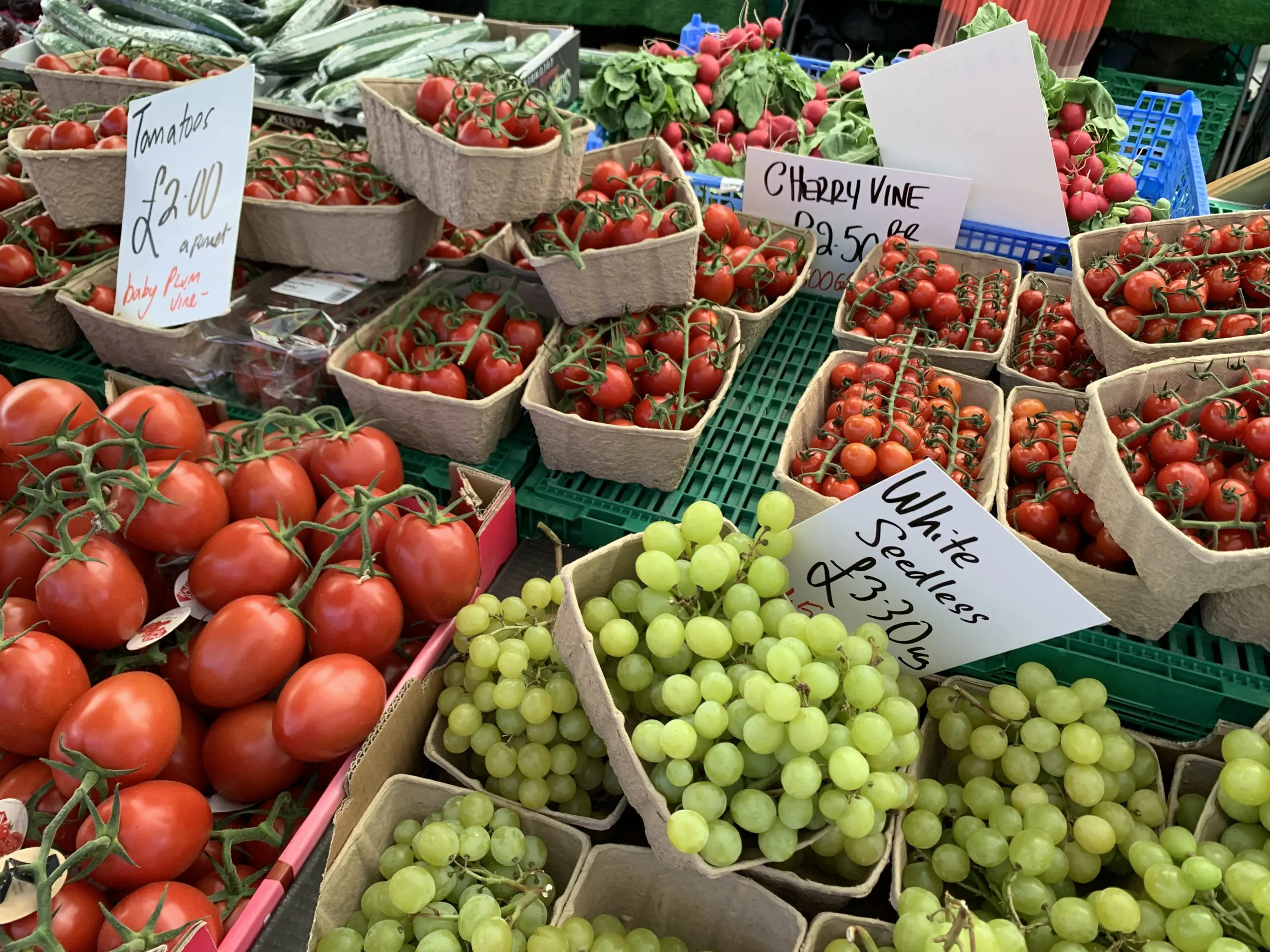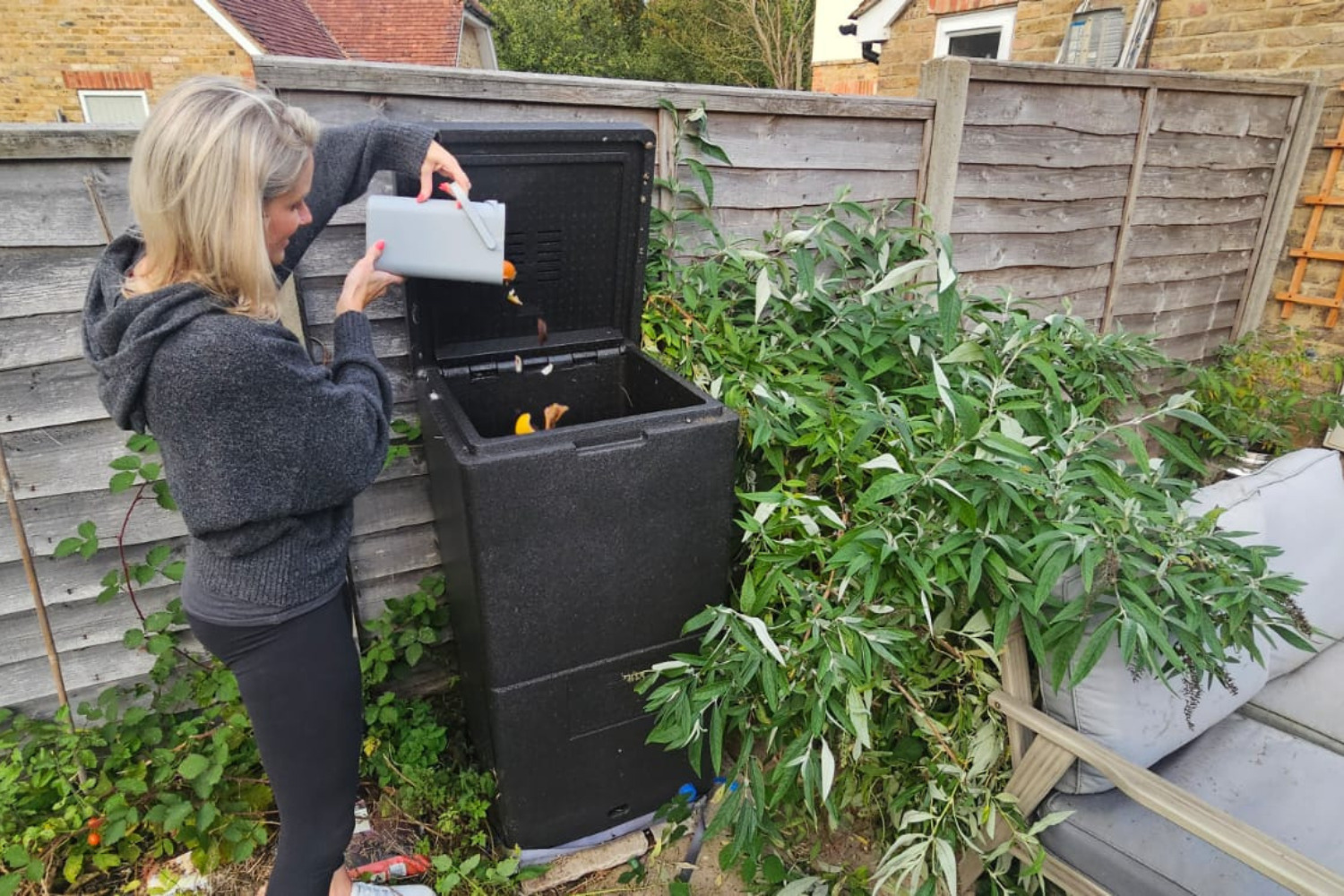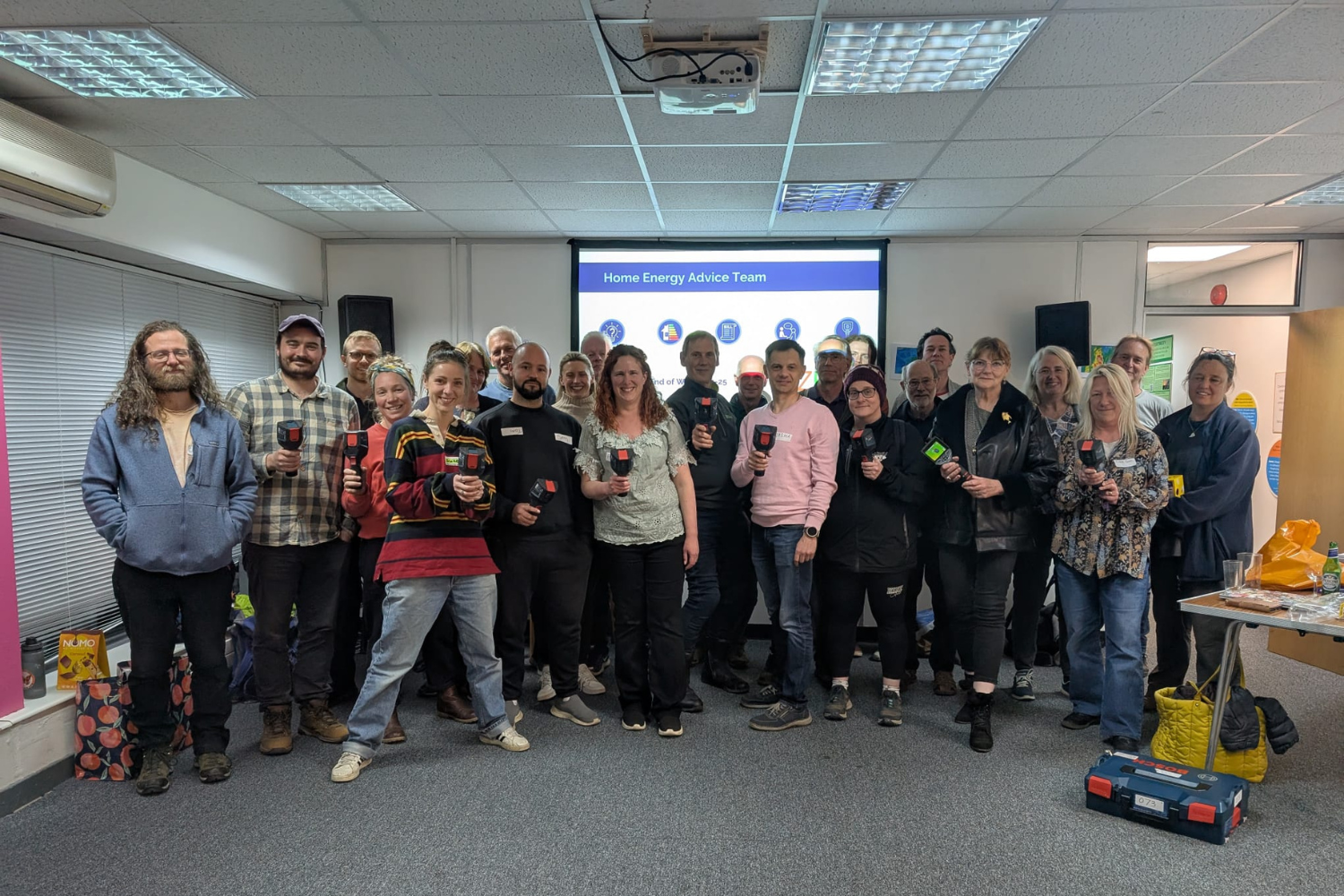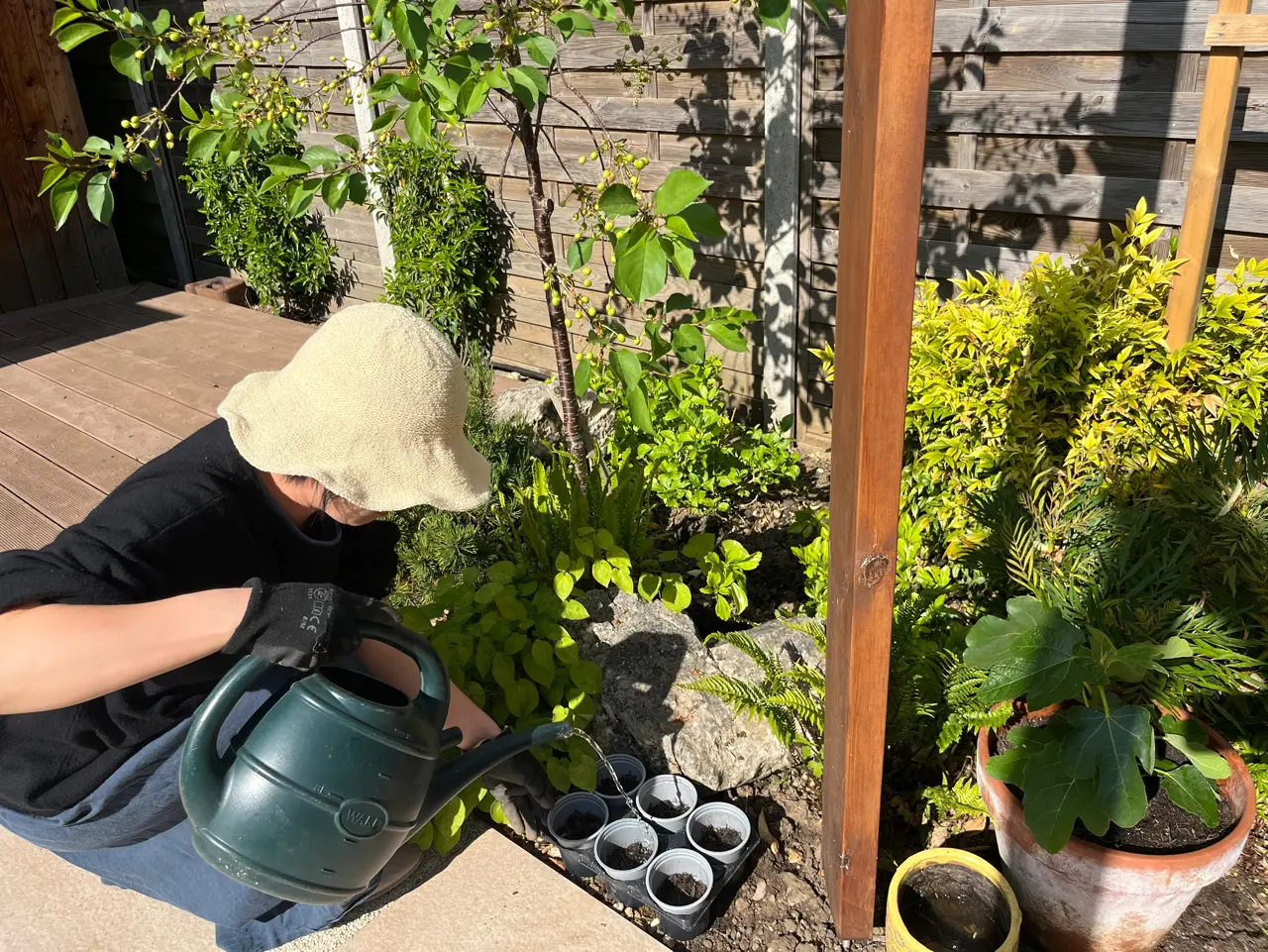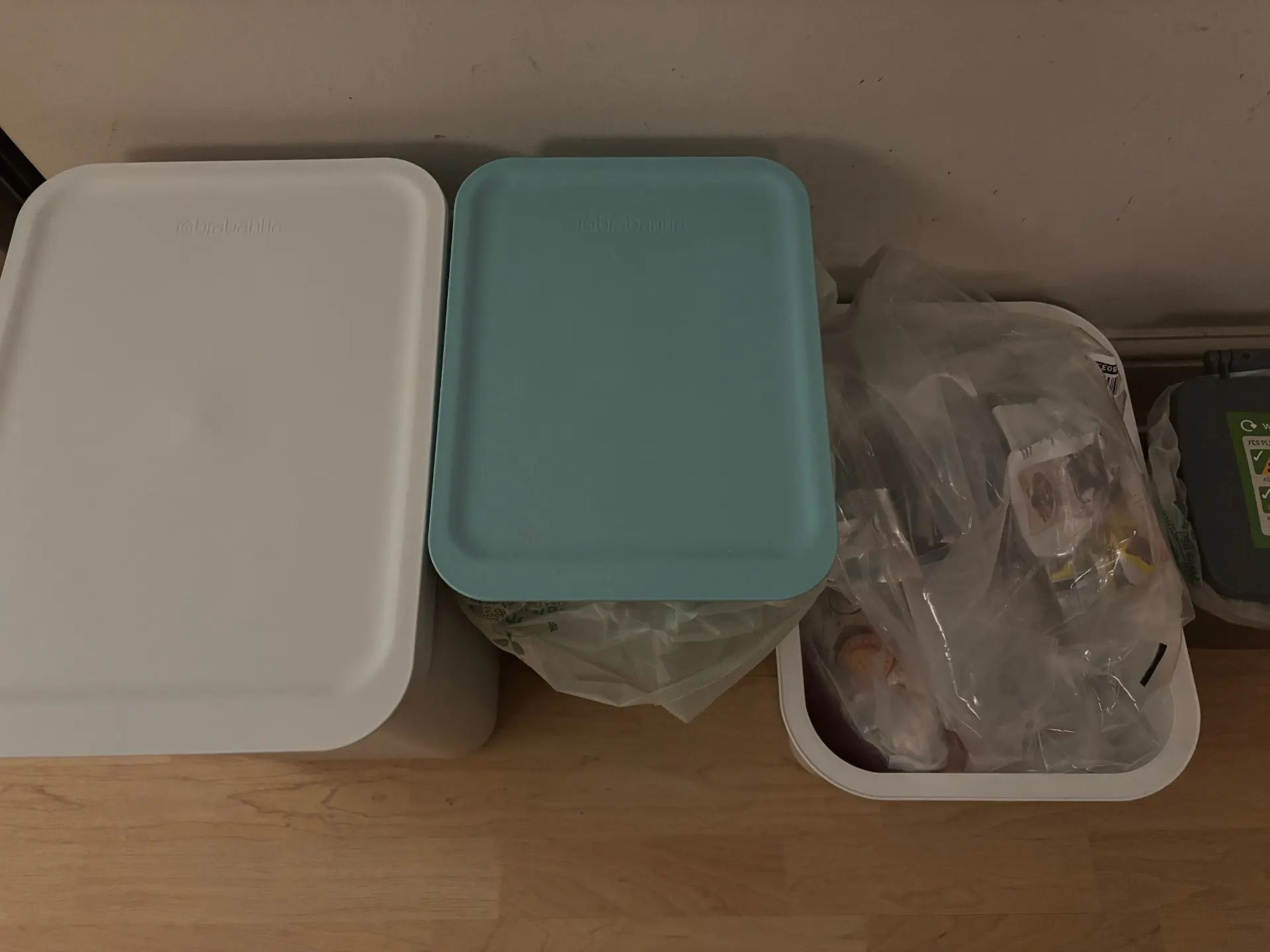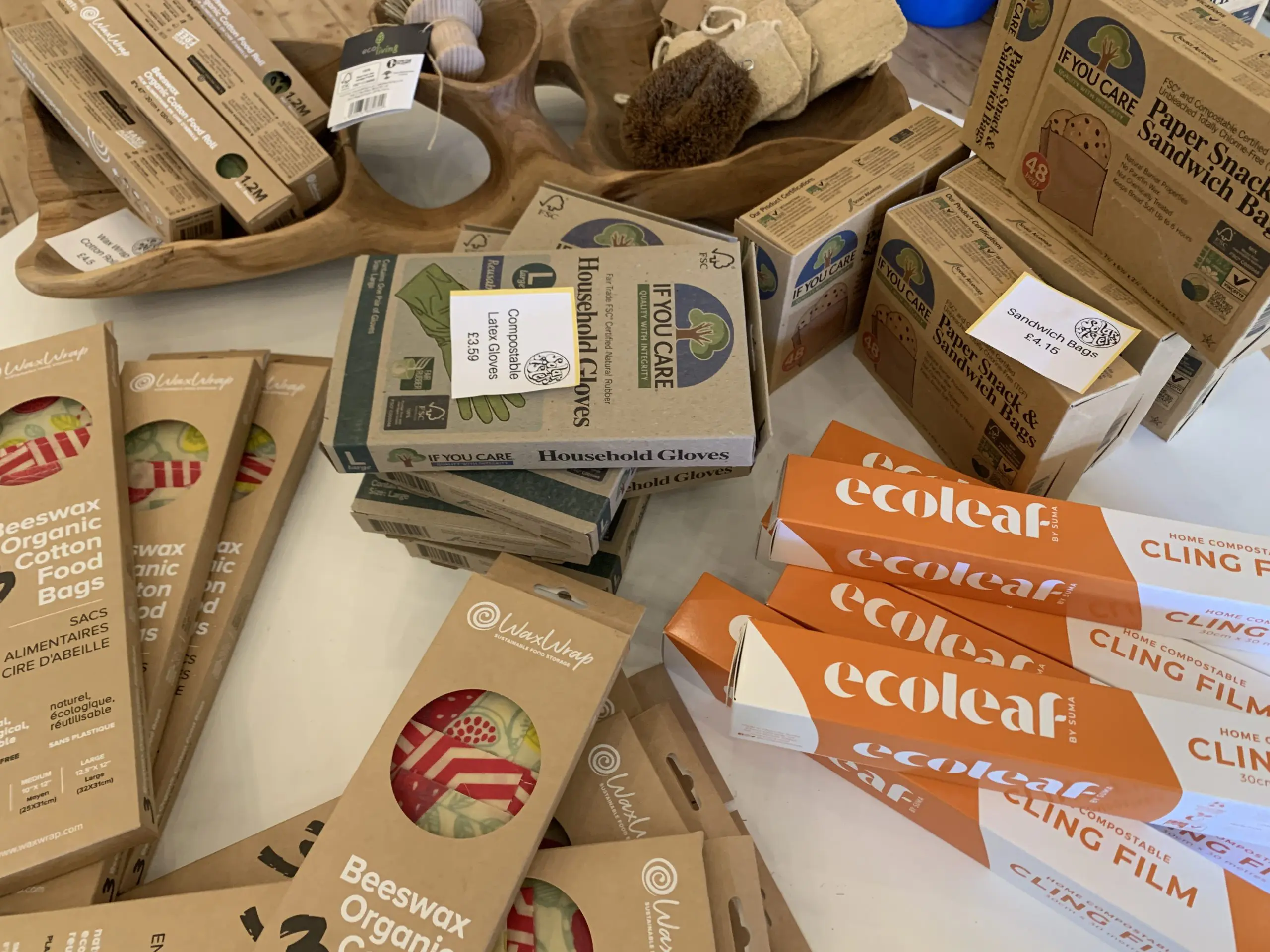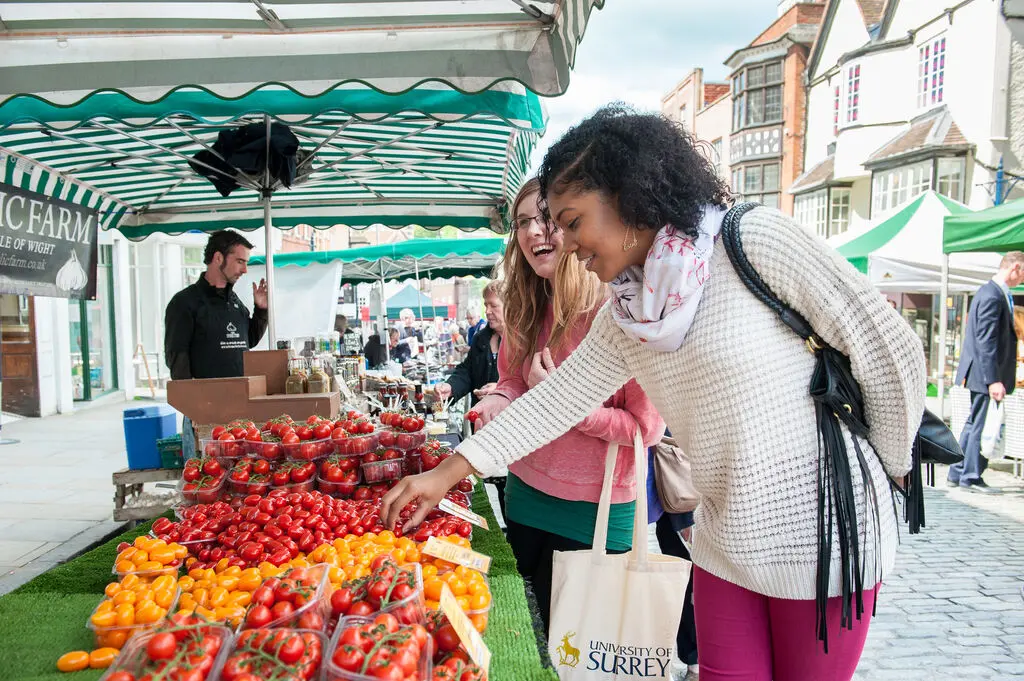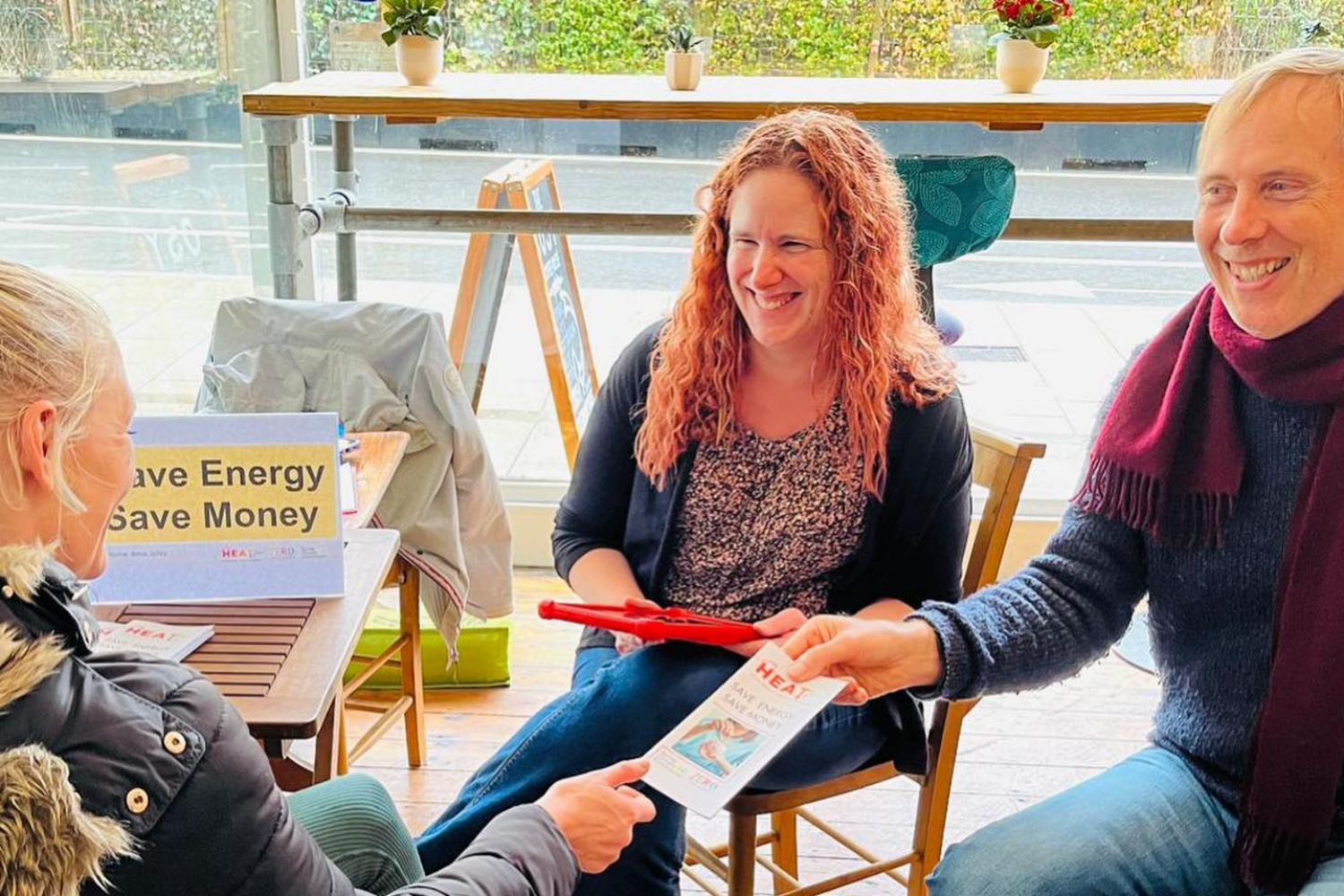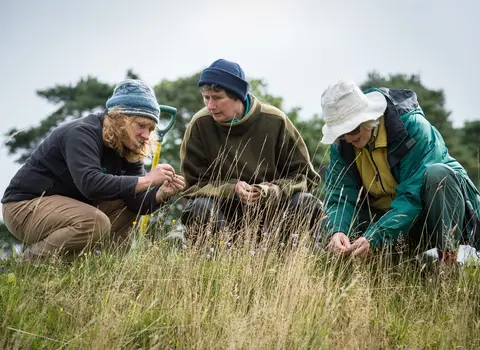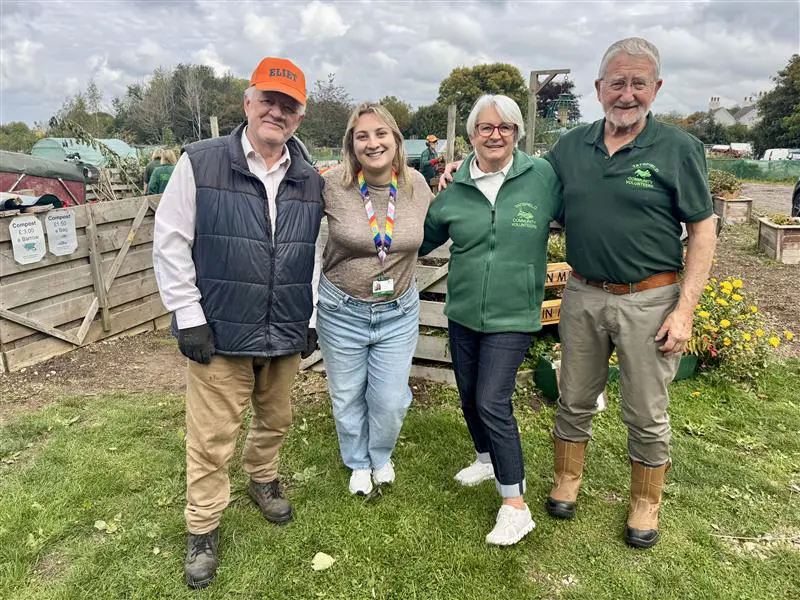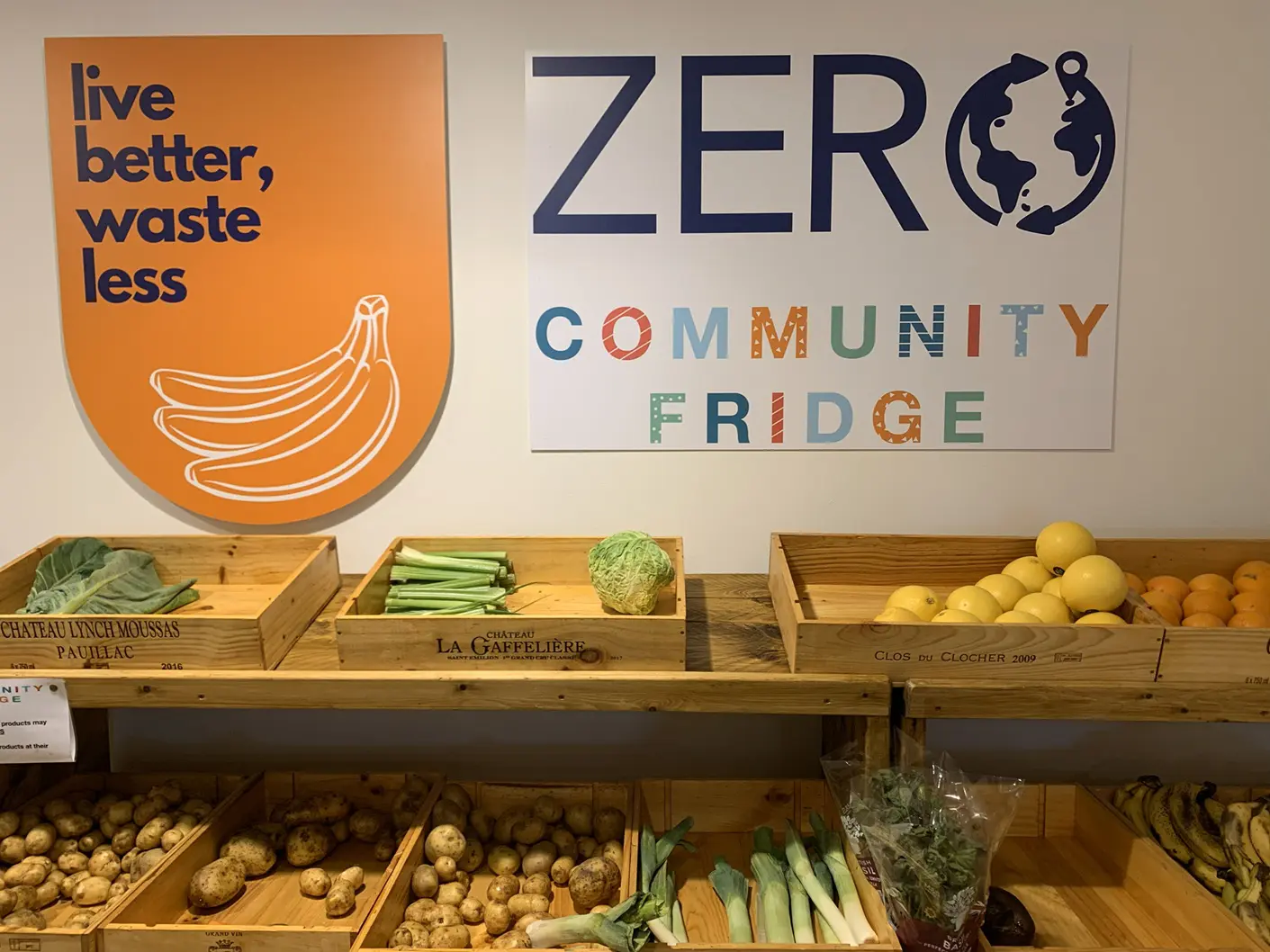Eat more sustainably
It’s no secret that modern agriculture is nothing like traditional farming. Intensive agriculture is destroying the habitats that support life (including ourselves), and the increased consumption of ultra-processed food (UPF) is creating serious health issues, putting added stress on the NHS. Our food choices have a wider impact than providing nutrition to our bodies, as it is intertwined with our overall wellbeing, local food system, and the environment. Eating more sustainably by making a few tweaks to how you cook and eat at home can have a major impact on your health, the local Surrey economy, land use, and emissions. Buying local food, cooking simply with natural ingredients, and reducing the consumption of UPF and meat all have significant benefits.
The good news is, the number of people interested in a healthy diet is increasing. Statistics show that as much as 8.6 million UK residents (16% of the entire British population) have already adopted a meat-free diet. With education on the benefits of reducing or cutting out our meat intake, that’s projected to rise to nearly 15 million by the end of 2025, including over 50% of ‘Gen Z’ going meat-free (Finder – How many vegetarians and vegans are in the UK in 2025?). Also, the government has commissioned several food experts to review the national food system and create a strategy for a sustainable food system. In line with this review, Surrey is supporting a sustainable local food system via Surrey Food Partnership to promote the health and wellbeing of the residents.






